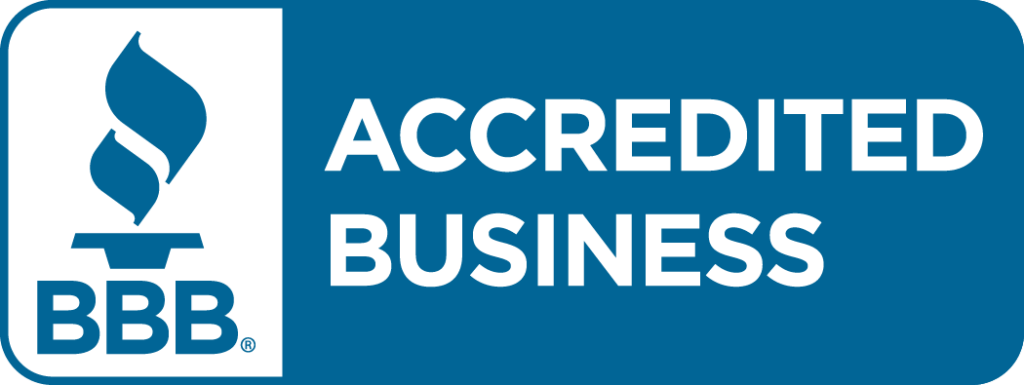Quality content marketing may take a lot of work, but the results are worth the effort. Content marketing involves your marketing team creating and distributing valuable information in order to attract and retain customers. It can take the form of a video, blog post, newsletter and more.
- Content marketing, on average, generates three times the leads but costs 62% less than traditional marketing.
- Nine out of 10 B2B buyers say content has a moderate to major impact on purchasing decisions.
- Seventy percent of consumers feel more connected to a company due to content marketing.
Content marketing provides an upfront value to consumers, such as information and emotional connection, to gather leads. However, you need to provide that information in an engaging way for it to have maximum efficacy. Here are five key elements for effective content marketing:
1. Consistency
Determine things such as brand “voice,” what your content goals are and who will be reading your content well in advance of publishing your first piece. The voice, information and emotion all need to exist in the same circle.
Also, set a content calendar. Determine what you will publish and how often so that your content will become a fixture in the audience’s consumption.
“The three C’s of customer satisfaction: consistency, consistency, consistency.” — McKinsey & Company
2. Storytelling
Storytelling is not just suited for bedtime tales. It forges an emotional connection with your clients. With storytelling, you don’t need to promote a specific product. Telling your brand’s story — your history, goals and company values — lets the consumer know who you are in a compelling way.
Include visuals to paint the full picture and strengthen your story. If you talk about the way your company started as a small family business in a rural town, the story will be even more poignant with a photo of the original storefront or owner rather than just a wall of text.
3. Customer testimonials
Customer testimonials give credence to your marketing. Ninety-seven percent of consumers are more likely to trust peer-reviews and user-generated content. Decisions are not made with one input alone, and the validation of a customer testimonial, particularly in video content, will resonate with consumers and strengthen the credibility of your brand.
4. Value
Make your content matter. While your purpose for creating the content may be to generate leads, what is its value to the consumer? Use metrics to track which content is the most successful and tailor your strategy to what works best. Find out consumer pain points and make the content address or resolve them.
Go easy on jargon, include data and provide insight from industry professionals for easy, informative content. Content marketing is often meant to educate your audience and increase their performance in their own work.
5. Promoting
Why spend your time and resources on content when it will only reach a portion of your audience? Target your audience on all platforms, including your website, social media accounts and email newsletters.
Of course, the content will be tailored by platform, but you will reach a wider audience and increase the likelihood of shares and engagement when you introduce the content on platforms.
Conclusion
Content marketing is a vital complement to traditional marketing, improves your audiences’ relationship with the brand and has an influential impact on purchasing decisions. By applying key elements like consistency, customer testimonials and a compelling narrative, your company can produce quality content and increase sales.
[visibility show=”desktop”]
[acf field=”cta_36″ post_id=”option”]
[/visibility]
[visibility show=”tablet”]
[acf field=”cta_36″ post_id=”option”]
[/visibility]
[visibility show=”mobile-landscape”]
[acf field=”cta_36″ post_id=”option”]
[/visibility]
[visibility show=”mobile-portrait”]
[acf field=”cta_37″ post_id=”option”]
[/visibility]



